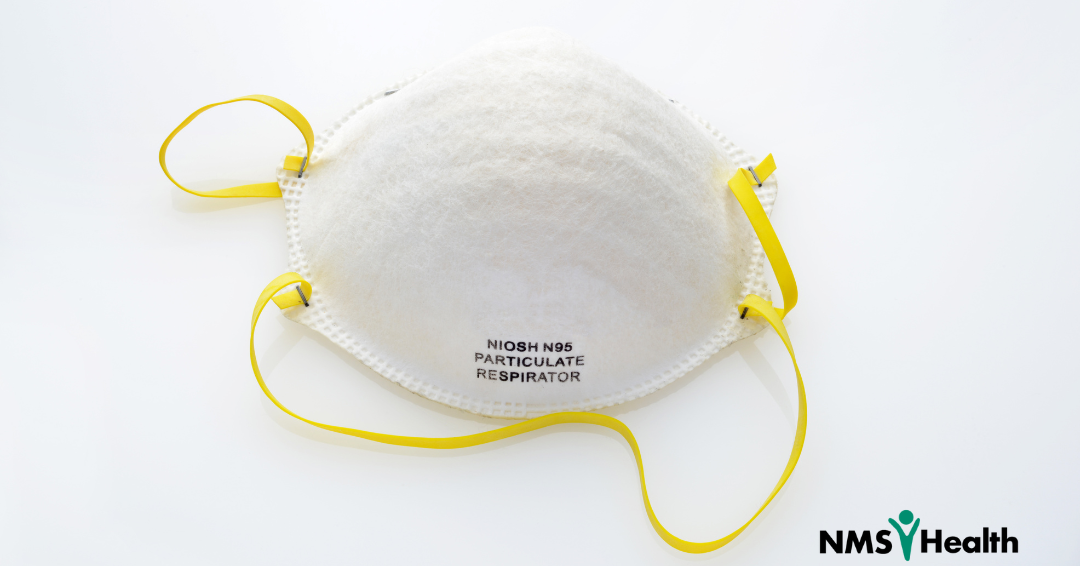At the beginning of the pandemic, fears over PPE supplies were at an all-time high. N95 masks were scarce and many healthcare workers were left without sufficient PPE and in a very dangerous situation. Now as cases of COVID-19 are trending upward at an alarming pace due to the Delta Variant, PPE is a concern again.
Companies pivoted quickly to manufacture more respirators as the pandemic progressed to avoid another shortage. The aim is to ensure that PPE is available to everyone who needs it. While some companies truly are trying to help, there have also been unscrupulous companies that have taken advantage of this situation. PPE concerns are now about the quality and authenticity of PPE. Some companies have been presenting their masks as certified NIOSH N95s and some of these fakes have been very convincing. How can you spot a fake, and keep your employees safe?
Here are 5 signs of a fake N95:
-
Incorrect labeling on filtering facepiece respirator
All NIOSH approved respirators will have a TC number and a NIOSH imprint on the front. Fraudulent N95s may have an altered NIOSH logo, no logo at all or have NIOSH misspelled.
-
No approval (TC) number on filtering facepiece respirator or headband
All NIOSH approved respirators have a unique approval number, known as a TC number which is printed on the mask itself. Many fraudulent respirators will have a fake number or no number at all. TC numbers can be validated through the CDC’s certified equipment search.
-
Presence of decorative fabric or other decorative add-ons (e.g., sequins)
Authentic NIOSH approved respirators are uniform in look and specifically engineered to provide protection to the wearer. If decorations are present or have foldable fabric, it is not authentic.
-
Claims for the of approval for children
NIOSH does not approve any type of respiratory protection for children. If the box claims that it is approved for pediatric use, it is not authentic.
-
Filtering facepiece respirator has ear loops instead of headbands
Headbands are essential for creating a tight seal on the face. Ear loops are a telltale sign that the mask is a fake.
What can you do to keep your employee’s safe?
The best thing to do to ensure the safety of your employee’s is to make sure your PPE is authentic and that it fits well. Purchase your N95s from reputable, long-standing manufacturers. If there is any doubt that your respirators are authentic, you can validate it through the CDC. Additionally, the CDC has compiled and posted a list of known counterfeit respirators on their website. Once you know that your respirators are authentic, it is equally as important to have your employees perform a respirator fit test to ensure a tight seal.
Let’s get started!
Do you have questions about masks or respirator fit testing for your employees? We’re here to help! NMS Health's service is designed to make the screening process simple and less time consuming for your hiring teams. With a large network of clinic and lab partners, we've got coverage in all 50 states!
Click here to Learn More and to get started today!


